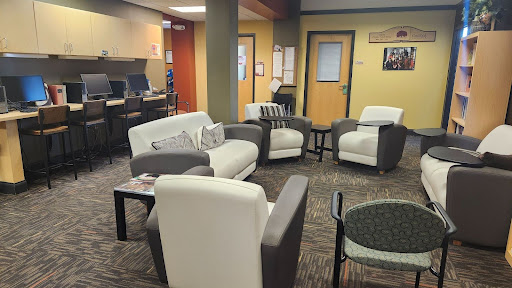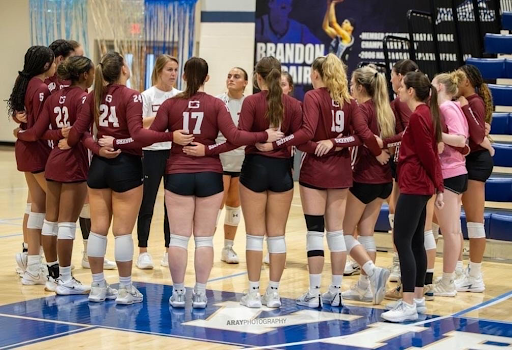Title IX sexual assault investigation continues
In 2014, Guilford College was involved in a Title IX investigation, along with 55 other colleges and universities, by the U.S. Department of Education’s Office for Civil Rights for the mishandling of sexual assaults reported on campus. The number of colleges on the list has since increased to 117.
Coincidently that year, the College also saw a sudden increase in sexual assaults with a total of nine incidents. According to 10 years of annual security and fire safety reports, the last time that many incidents occurred was during the 2005-2006 school year.
“Increased awareness and increased willingness to report are likely the cause of the increase (in reports),” said Director of Student Judicial Affairs Sandra Bowles. “The information provided by the government certainly impacted our policies, the way they were written and the way we handled things.”
The College utilizes mandatory reporters who are required to report instances of sexual assault, whether or not they were a direct witness of such.
“I think that mandatory reporting is important,” said sophomore mandatory reporter and residential advisor Thomas Soiles. “So many people are unwilling to get the help they need sometimes. Additionally, it can help get people who are committing these acts off campus.
“I understand, however, that some people will feel unwilling to talk to RA’s because of mandatory reporting — which is detrimental to creating a positive and caring community atmosphere.”
The impact the investigation had on the College’s handling of sexual assaults is still open to debate and the Department of Justice has not yet released results.
“At this point, we are waiting to learn what the Office of Civil Rights and Department of Justice has found,” said Director of Human Resources and Title IX Coordinator Rick Williams. “Those decisions are averaging up to three years.”
Members of the community felt the investigation did pressure the College to make proactive changes to the system.
“Prior to the Title IX investigation, the College resource’s website had broken links and a phone number that wasn’t connected,” said Sexual Assault Awareness Support & Advocacy Co-President and junior Olivia Chalkley. “Now we have an anonymous form link and a phone number that actually works.”
Victims of sexual violence also had criticisms of the way the College handled their cases before news of the investigation.
An anonymous source who reported a sexual assault in the spring of 2014 described the process.
“I reported the assault to Public Safety the weekend it happened and I had a meeting with Campus Life the following week,” said the first source. “A witness came with me. We were both pressured into not seeking justice because (the assault) was not penetrative and this individual was graduating.”
Another victim of on-campus sexual violence described the burden when the College judicial system did not do enough to punish the offender.
“I was constantly in fear,” said the second source. “I was afraid (my attacker) was going to be around every corner and in every room I entered. Outside of college, these people go to jail. On campus, they just hide at their friends’ (place).”
College administration maintains the victim’s wellbeing was always their top priority.
“We do not ever pressure students to not report (sexual assaults) and go through the process,” said Assistant Dean of Students Jen Agor.
In 2013, the College kicked off the “Keeping it Consensual” campaign, which aimed to increase awareness of sexual assault and explain consent. It also made sexual misconduct education mandatory throughout the first-year experience.
“Guilford has been working on these improvements since before the Department of Justice investigation was initiated,” said Wellness Coordinator Kristie Wyatt. “The College will continue to work towards the goal of eliminating sexual assault on our campus until that goal is reached.”
Trust in the College’s abilities to deter and resolve sexual assaults will be determined by how effective these initiatives are.
“The College does our best to meet the needs of our students,” said Bowles. “If there are suggestions in ways we need to improve, we would be glad to hear them.”




